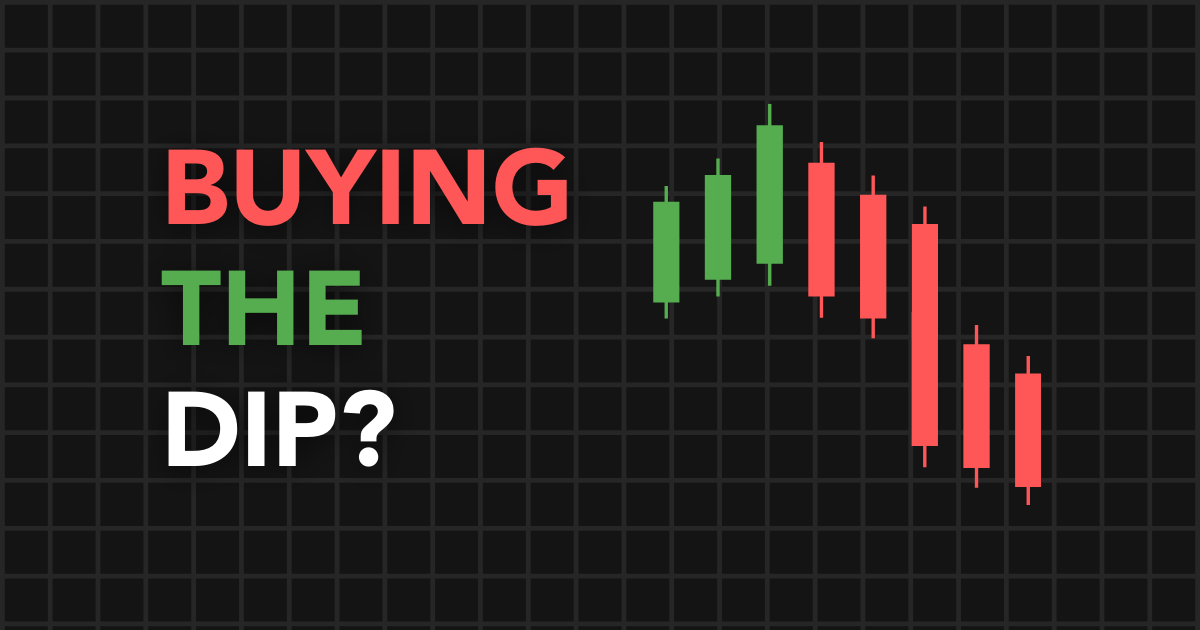Why is BLOK ETF down?

The BLOK ETF (Amplify Transformational Data Sharing ETF) has been underperforming in the past few weeks, leaving many investors wondering why it is down. The answer to this question lies in a combination of market forces and external factors that have weighed on the fund’s performance. In this article, we will explore why the BLOK ETF is down and what investors can do to protect their investments from further losses. We’ll also look at some potential strategies for capitalizing on any future upticks in its price. By understanding why the BLOK ETF is currently underperforming, investors can make better-informed decisions going forward.
What is BLOK ETF?
The BLOK ETF is an exchange-traded fund that tracks a basket of companies in the blockchain and digital asset industry. The fund’s holdings are designed to gain exposure to companies that are actively developing, investing in, or providing services related to distributed ledger technologies such as blockchain.
Why is BLOK ETF Down?
Several factors have contributed to the BLOK ETF’s underperformance in recent weeks. The first is market sentiment. Despite its unique proposition, blockchain technology has been subject to significant volatility over the past year, with prices fluctuating on news and speculation. As such, investors may be more hesitant to invest in the industry through an ETF rather than directly into individual companies.
Furthermore, the digital asset industry is highly competitive and subject to frequent changes in regulation. This has resulted in a lack of clarity around long-term trends, which can make it challenging for investors to decide whether or not to invest in these assets. Additionally, the fund’s holdings are concentrated in a few select stocks, making it vulnerable to price fluctuations of a single company.
The fund’s fees are relatively high compared to other ETFs, which could be another factor weighing on performance.
What Can Investors Do?
Given the unpredictable nature of the digital asset industry, it is important for investors to be aware of why BLOK ETF is down and to adjust their investment strategies accordingly. One approach is to diversify investments across different asset classes and currencies in order to mitigate risk from any one particular holding. Additionally, investors should consider setting stop-loss orders, which can help protect their portfolios from sudden price drops.
Finally, investors should be aware of the latest news and changes in the digital asset industry, in order to stay updated on any potential opportunities or risks. By staying informed on why the BLOK ETF is down, investors can make better-informed decisions about their investments and ensure that they are protected from further losses.
Overall, understanding why the BLOK ETF is down is essential for investors who want to protect their investments and capitalize on potential gains. By taking a closer look at why the fund is underperforming, investors can adjust their strategies accordingly and make more informed decisions about their investments.
The future of BLOK ETF
The future is uncertain, but with the proper research and knowledge, investors can mitigate their risk and potentially find profitable gains. By staying informed and making educated decisions, investors can ensure that their portfolio remains protected from potential losses.
Conclusion
In conclusion, why the BLOK ETF is down is a complex question with multiple factors to consider. However, by understanding why it is underperforming as well as taking steps to mitigate risk and capitalize on opportunities, investors can make informed decisions and protect their investments. Investors seeking to capitalize on a tech sector recovery may find much success with BLOK, an ETF that offers lucrative high-beta opportunities. With expert management and values suggesting many of its constituents have been oversold, this asset carries significant risk but could also result in substantial returns if the market experiences a broad-based revival. Despite losses in 2022 visible through daily standard deviations, investing in BLOK remains worth considering for those passionate about profiting off of a likely upturn within the technology industry.













